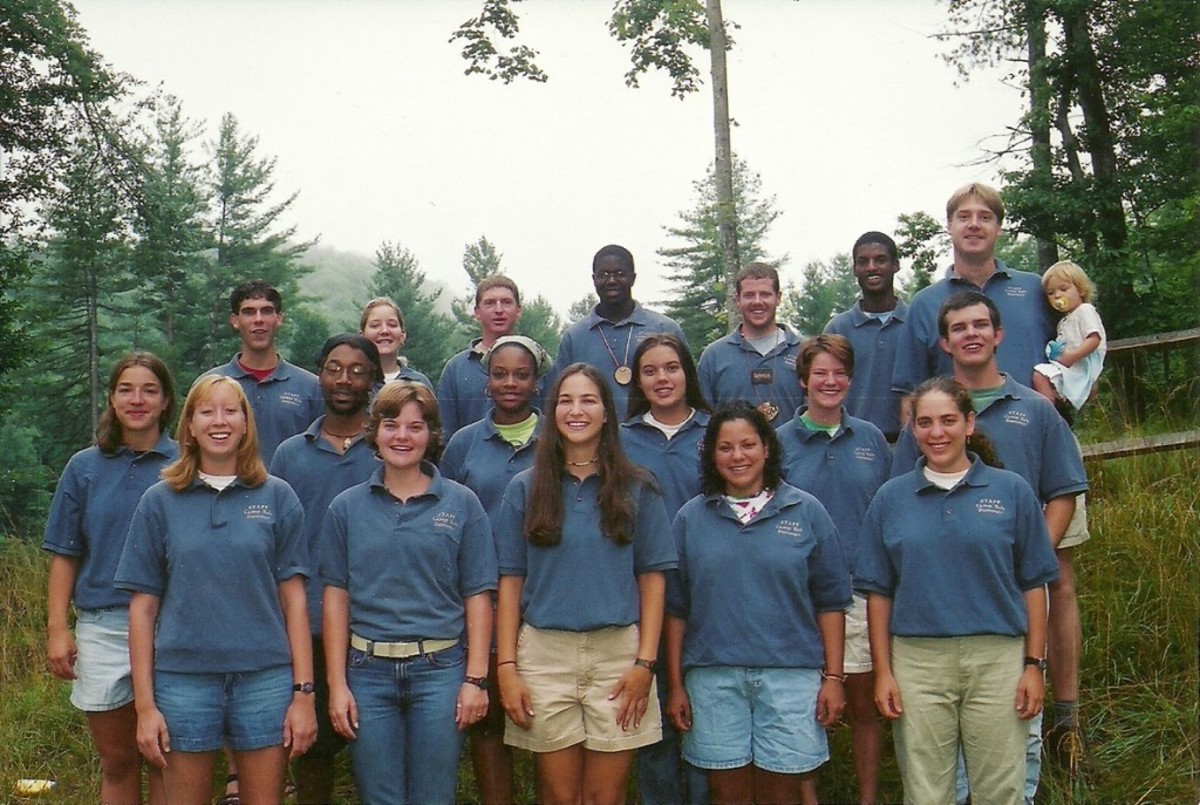The Role of Counselors in the School: What Administration Really Thinks about School Counselors

School counselors are an important part of the fabric of normal school life; but does the school administration recognize the role's true importance or tap into the potential?
Dodson (2009) conducted a survey to research the attitudes of administrators towards the role of counselors, contacting counselors who worked in both RAMP (Recognized ASCA [American School Counselor Association] Model Program) and non-RAMP certified schools. The study was conducted because the Dodson— a school counselor herself— was interested in the perceptions of school administrators, with regard to the day to day responsibilities of the school counselors, and with whether the school administration had a positive or negative perception of the high school counselor position in general. From her findings, she concluded that students who voluntarily attended counseling sessions during their free time benefited similar results to other students. Dodson further concluded that schools should implement counseling into the school's core curriculum.
Although the pool of high school RAMP schools that Dodson had to choose from was limited — at the time of study there was only 10 RAMP schools available — the number of respondents even smaller. Dodson concluded that there was some ambiguity between what that counselor and administration thought the role of the counselor should be in the school day. Since the 2002 enactment of No Child Left Behind, schools have been more accountable for the implementation of ASCA certification counselors. Regardless of the certification status, Dodson suggested that many of the schools already implemented ASCA counseling programs of curriculum. Dodson asserts that the increased advocacy techniques, and empowering students to reach for their full potential has encouraged high percentages of students to attend 2 and 4-year colleges than ever before.
Books on School Counseling
From reading the article I have learned that counselors should have better access to the students throughout the entire school year, and not only during crisis situations or during disciplinary action. Making the counselor position more available to students shows students that there is one more person who cares about their well-being and growth.
As Dodson notes, counselors “serve all students, not just those who have obvious or immediate problems” (Dodson, 2009, paragraph 10). When students know that they have an advocate, someone who will stick up for them and help them in troubling situations, can do wonders for the morale.
Check out the short video below that explains the different types and roles of counselors. Although the video is dated, the information is still valid.
VIDEO: Different Types of School Counselors
References
Dodson, T. (2009). Advocacy and impact: a comparison of administrators' perceptions of the high school counselor role. Professional School Counseling, 12(6), 480-487. Retrieved from EBSCOhost.









